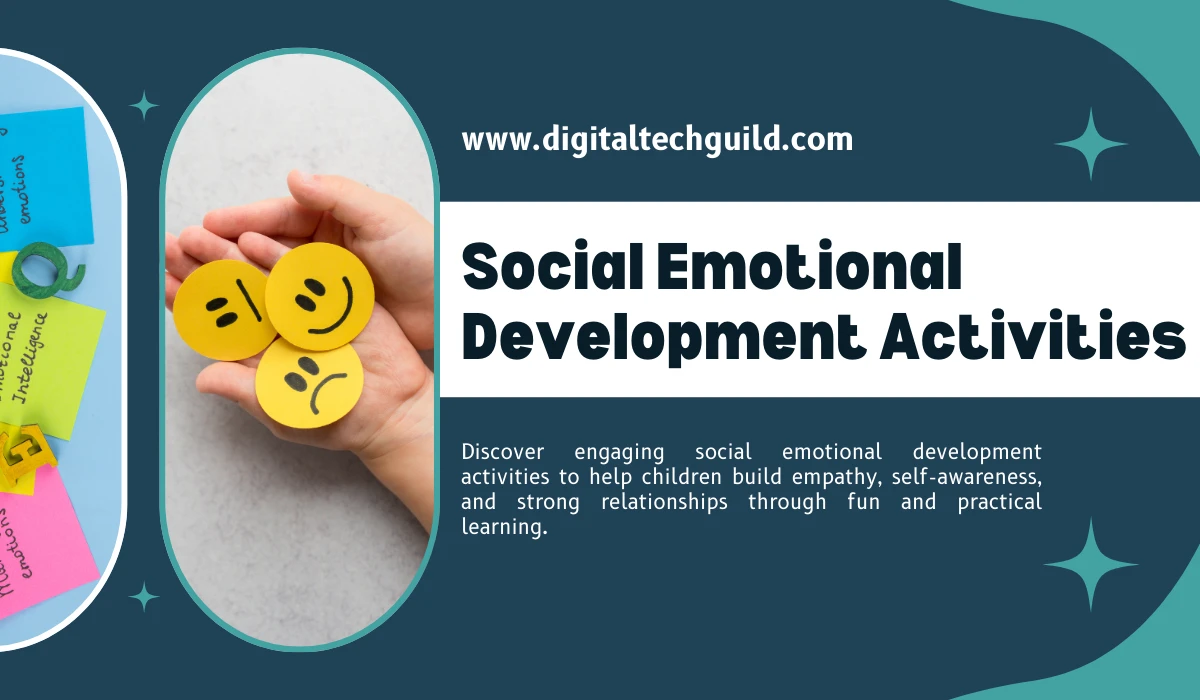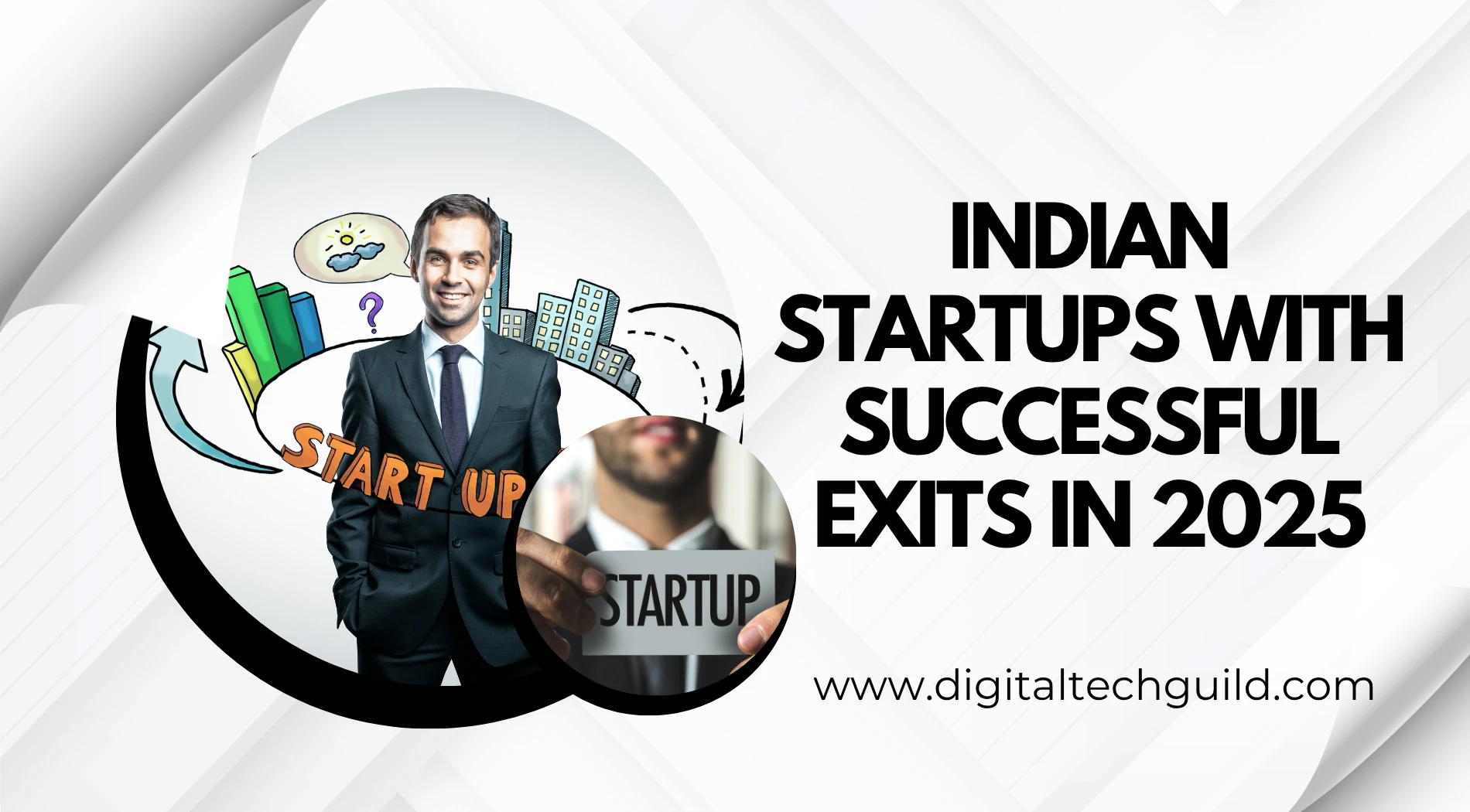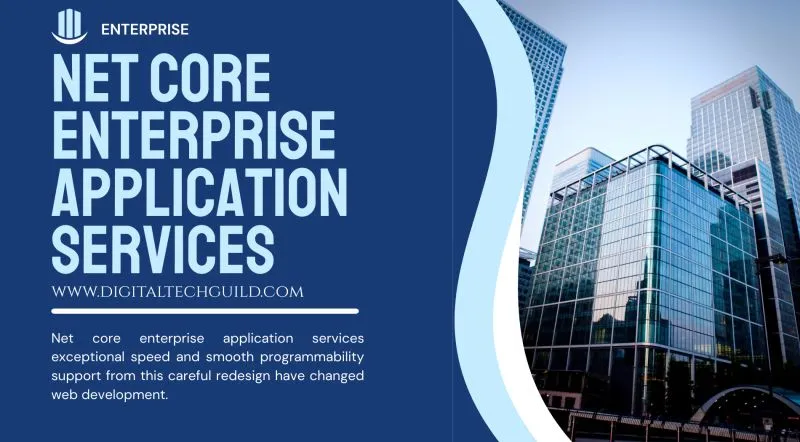Business landscape, efficient management of resources is paramount for success. Enterprise Resource Planning (ERP) systems play a crucial role in streamlining business processes by integrating various functions into one comprehensive solution.
ERP software helps organizations manage key aspects such as finance, human resources, supply chain, manufacturing, and customer relationship management. By providing real-time visibility and enhancing collaboration across departments, ERP systems empower businesses to make informed decisions and drive growth.
Criteria for the Best Enterprise Resource Planning (ERP) Systems

When selecting an ERP system, it's essential to consider several factors to ensure it aligns with the unique needs and goals of your organization.
Scalability
An ideal ERP solution should be scalable, capable of accommodating the evolving needs of a growing business. Whether you're a small startup or a large enterprise, the system should be able to adapt to changes in user volume, transaction volume, and business complexity.
Integration Capabilities
Seamless integration with existing systems and third-party applications is critical for maximizing efficiency and data accuracy. The ERP system should offer robust integration capabilities, allowing smooth data flow between different departments and external platforms.
Customization Options
Every business has its own set of processes and workflows. A customizable ERP solution enables organizations to tailor the system to their specific requirements, ensuring optimal functionality and user experience.
User-Friendliness
User adoption is key to the success of any ERP implementation. The system should be intuitive and easy to navigate, with a user-friendly interface that minimizes training time and enhances productivity.
Security Features
Protecting sensitive business data is paramount in today's digital age. The ERP system should offer advanced security features such as role-based access control, data encryption, and regular security updates to safeguard against cyber threats.
Top 5 Best Enterprise Resource Planning (ERP) Systems

Oracle NetSuite
Oracle NetSuite is a cloud-based ERP solution designed for businesses of all sizes and industries. It offers a comprehensive suite of applications, including financial management, CRM, inventory management, and e-commerce.
SAP Business One
SAP Business One is a scalable ERP solution tailored for small and midsize businesses. It integrates core business functions such as accounting, sales, purchasing, and inventory management, providing real-time insights and streamlined operations.
Microsoft Dynamics 365
Microsoft Dynamics 365 is a cloud-based ERP platform that combines ERP and CRM capabilities in one integrated solution. It helps businesses drive digital transformation by unifying data and processes across sales, marketing, finance, and operations.
Sage Intacct
Sage Intacct is a cloud-based financial management solution designed for growing businesses. It offers robust features for accounting, budgeting, and reporting, helping organizations streamline financial processes and improve decision-making.
Infor ERP
Infor ERP is a suite of industry-specific ERP solutions tailored for various sectors, including manufacturing, distribution, and services. It offers flexible deployment options, advanced analytics, and scalability to support the unique needs of each business.
Comparison of the Top 5 ERP Systems

Features Overview
Each of the top ERP systems offers unique features and functionalities designed to meet the diverse needs of businesses across different industries. While Oracle NetSuite and SAP Business One are known for their comprehensive suites of applications, Microsoft Dynamics 365 stands out for its seamless integration with other Microsoft products. Sage Intacct is praised for its advanced financial management capabilities, while Infor ERP excels in providing industry-specific solutions.
Pricing Comparison
The cost of implementing an ERP system varies depending on factors such as the size of the organization, deployment model, and required features. While some vendors offer subscription-based pricing with monthly or annual fees, others may charge based on the number of users or modules. It's essential to evaluate the total cost of ownership, including implementation, training, and ongoing support, to make an informed decision.
Customer Reviews and Satisfaction
Customer feedback and satisfaction are valuable indicators of the reliability and usability of an ERP system. Organizations should research customer reviews, testimonials, and case studies to gain insights into the user experience and success stories of each ERP solution. Additionally, consulting with industry peers and seeking recommendations from trusted advisors can help validate the reputation and credibility of the vendors.
Conclusion
Choosing the right ERP system is a strategic decision that can have a significant impact on the efficiency and competitiveness of your business. By evaluating key criteria such as scalability, integration capabilities, customization options, user-friendliness, and security features, organizations can identify the best ERP solution that meets their specific needs and drives sustainable growth.
FAQs
Q. How do I determine which ERP system is best for my business?
Ans: Assess your organization's requirements, industry-specific needs, budget constraints, and long-term goals to identify the ERP system that aligns with your priorities.
Q. What are the advantages of implementing an ERP system?
Ans: ERP systems help streamline business processes, improve data accuracy, enhance collaboration, increase productivity, and facilitate informed decision-making.
Q. Can ERP systems be customized to fit the unique needs of my business?
Ans: Yes, most ERP systems offer customization options to tailor the software to specific workflows, processes, and industry requirements.
Q. How long does it take to implement an ERP system?
Ans: The implementation timeline varies depending on factors such as the complexity of the project, size of the organization, customization requirements, and availability of resources. On average, ERP implementations can take several months to a year.
Q. What ongoing support and maintenance services are available for ERP systems?
Ans: ERP vendors typically offer support services, including software updates, technical assistance, training programs, and access to online resources, to help organizations maximize the value of their investment in the ERP system.











